Differences and similarities between words
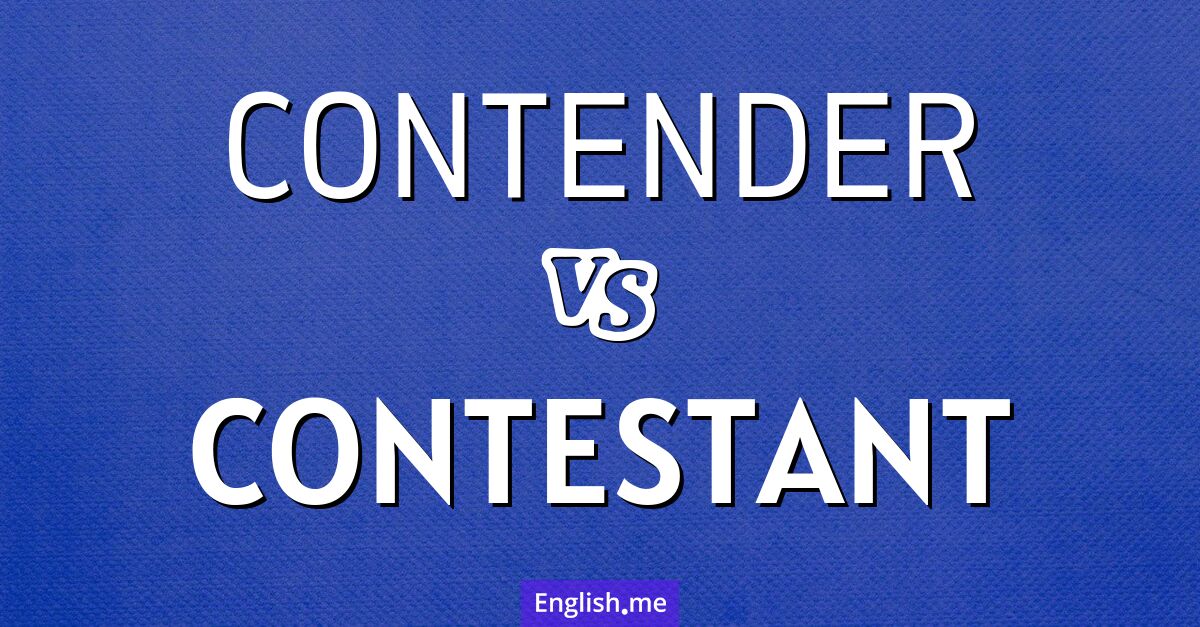
"Contender" vs. "contestant": exploring roles and rivalry
The term "contender" often implies someone with a realistic chance ... Learn more →
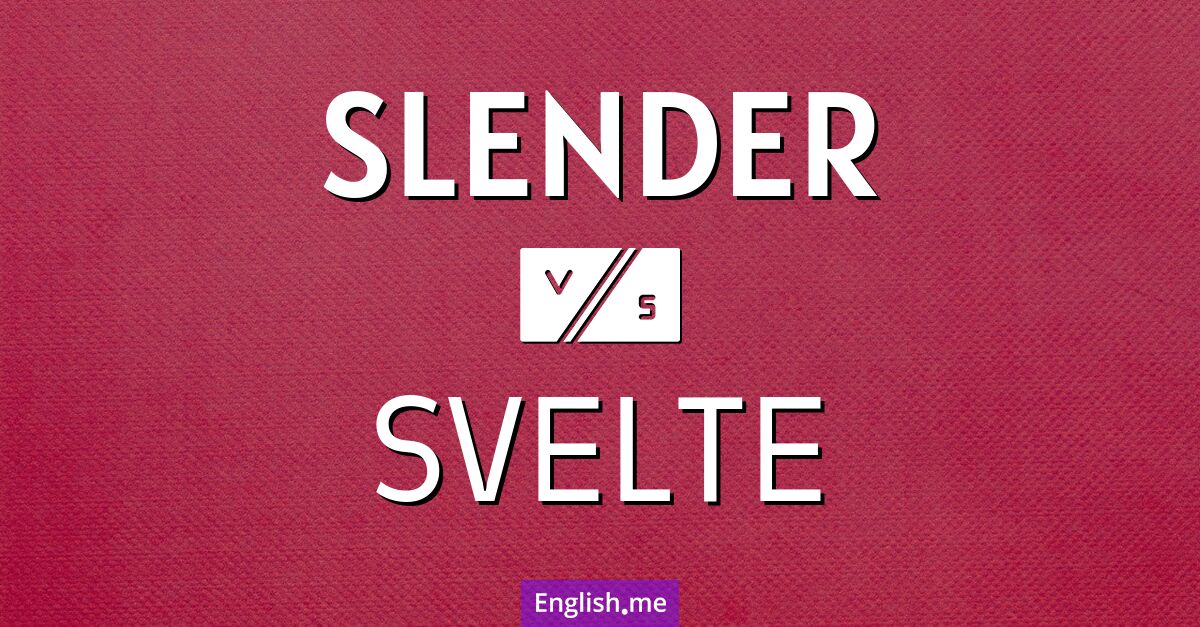
Slim distinctions: comparing "slender" and "svelte"
Slender is a more general term often used to describe ... Learn more →
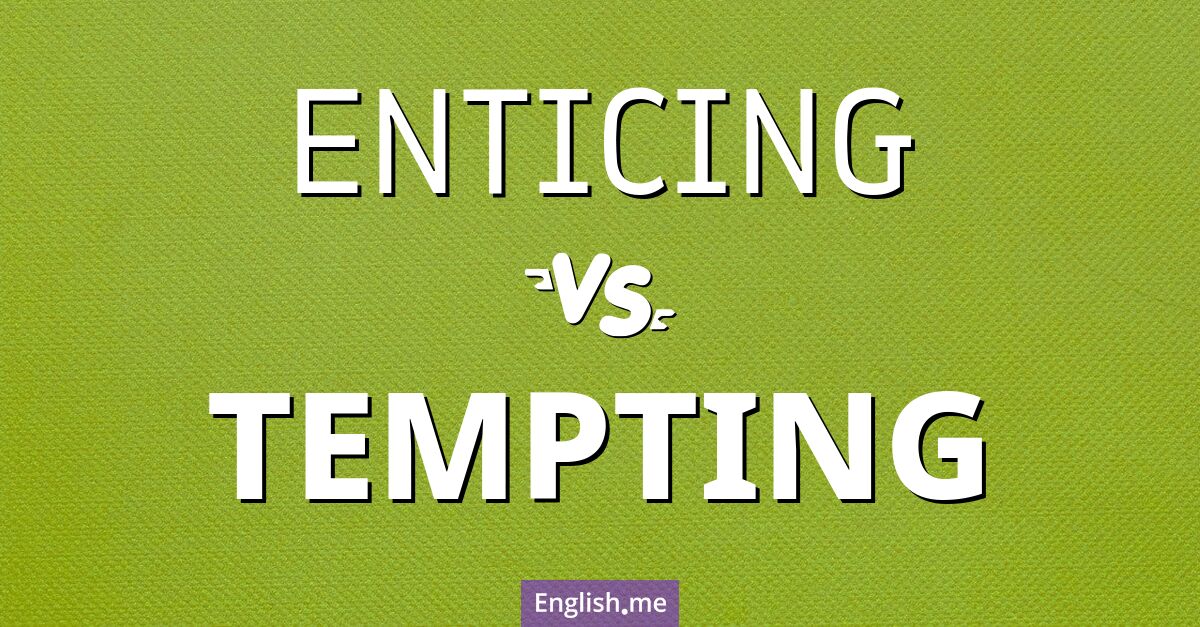
The allure of "enticing" vs. "tempting"
While "tempting" often implies a stronger connotation of something that ... Learn more →
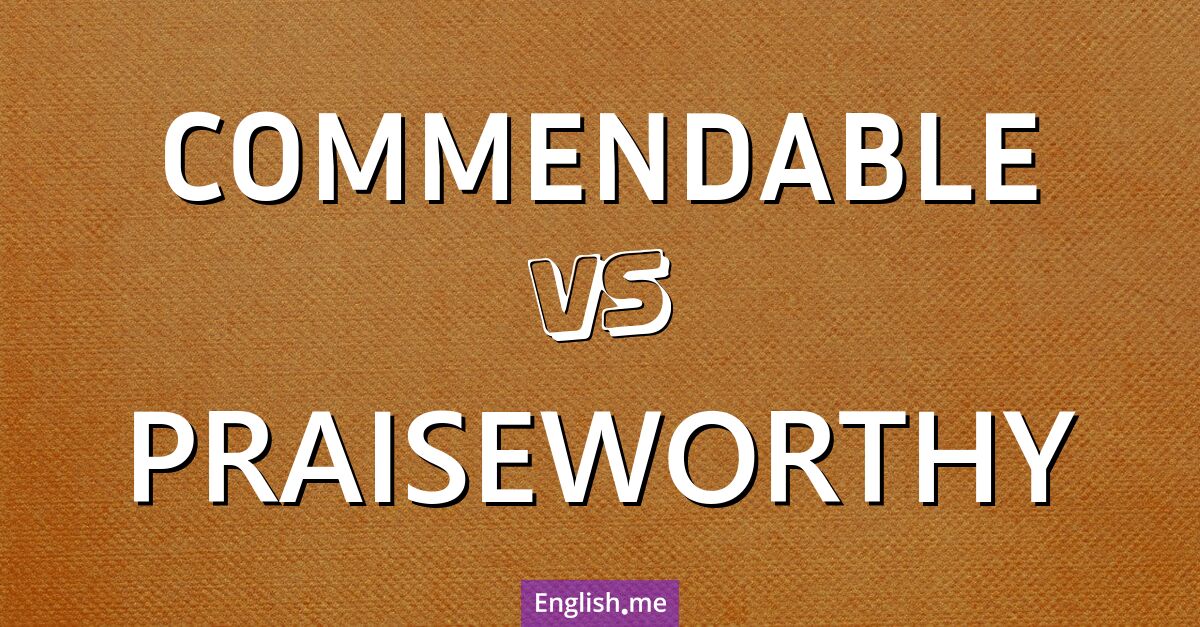
Parsing the praise: "commendable" vs. "praiseworthy"
The word "commendable" often has a slightly formal tone, implying ... Learn more →
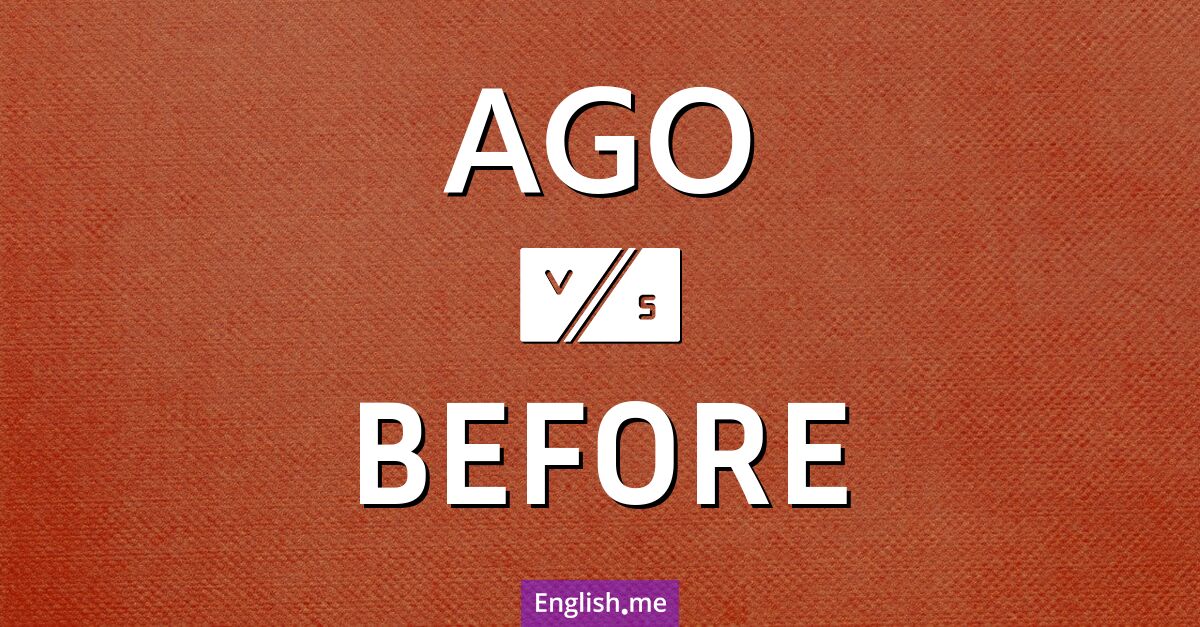
Exploring "ago" and "before": time's unique perspectives
"Ago" is used to denote how much time has passed ... Learn more →
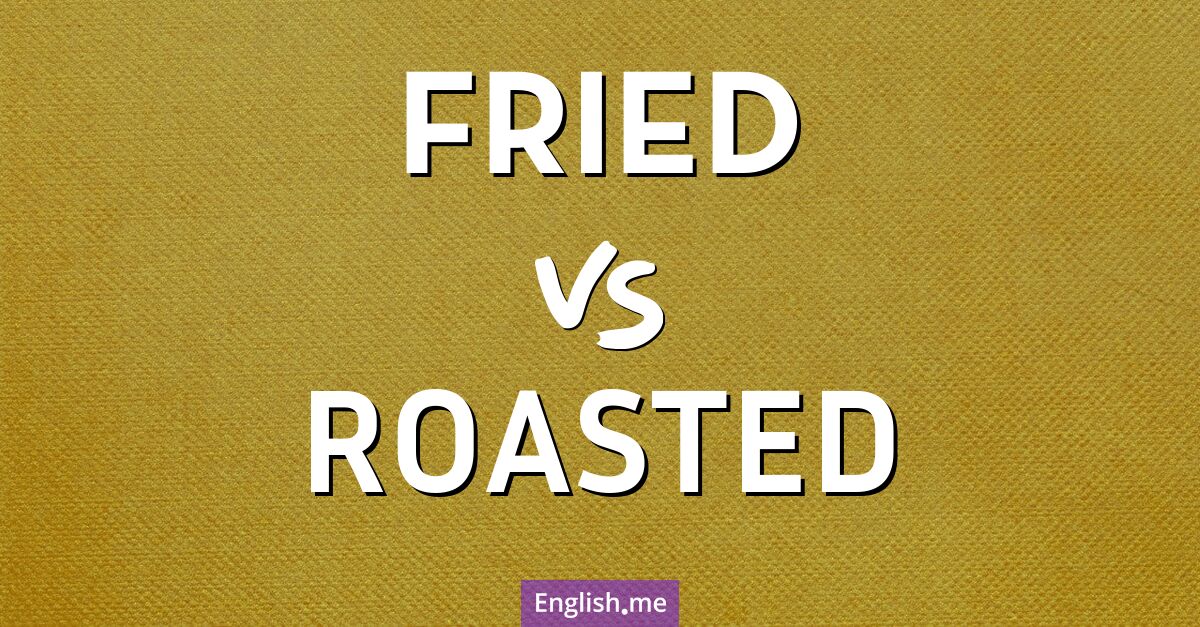
Crispy conversations: "fried" vs. "roasted"
"Fried" typically involves cooking food in hot oil or fat, ... Learn more →

"Antithetical" vs. "contradictory": words in contrast
The word "antithetical" specifically denotes a relationship of direct opposition ... Learn more →
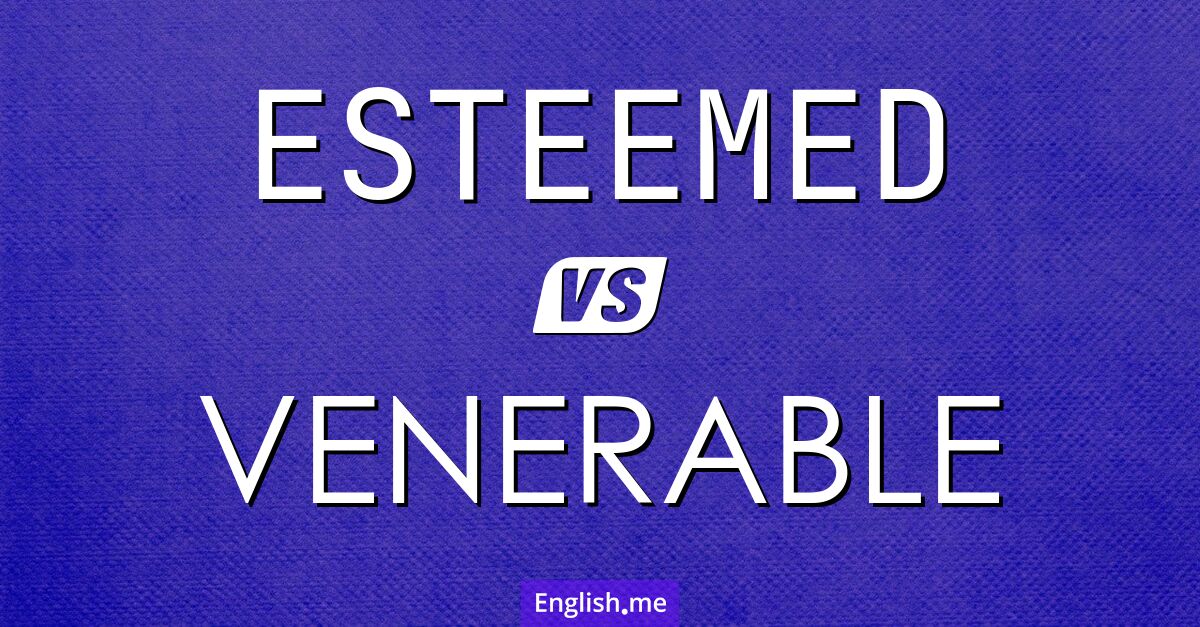
"Esteemed" vs. "venerable": exploring respect and reverence
"Esteemed" often refers to the respect due to someone's accomplishments, ... Learn more →
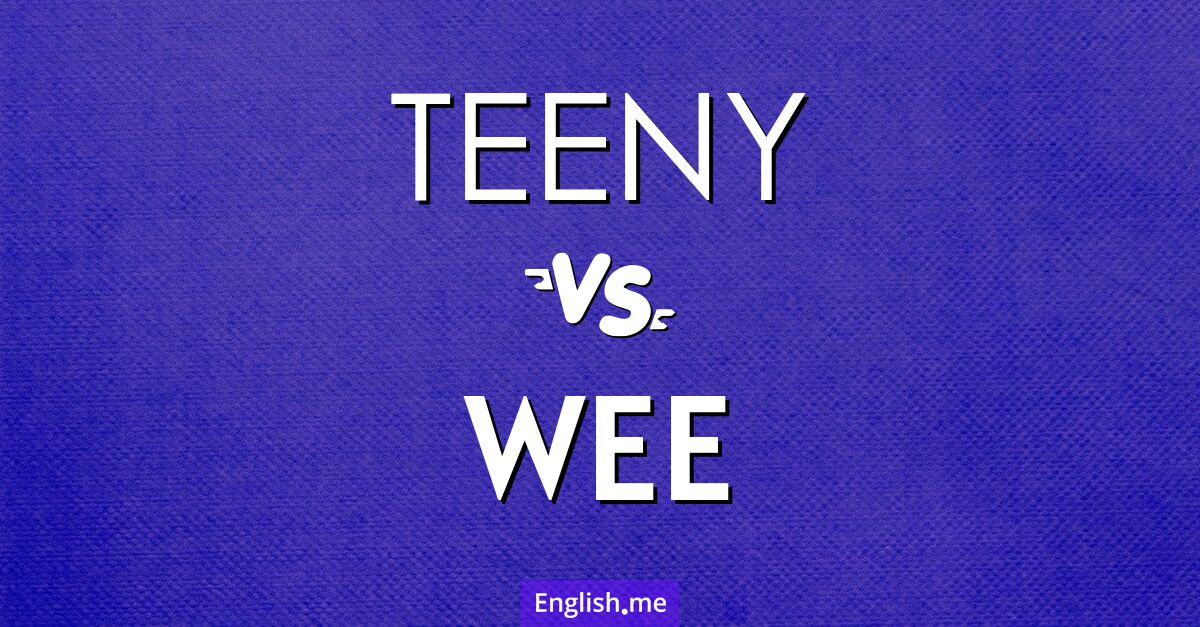
"Teeny" vs. "wee": a tiny word showdown
The word "teeny" is more commonly used in American English, ... Learn more →
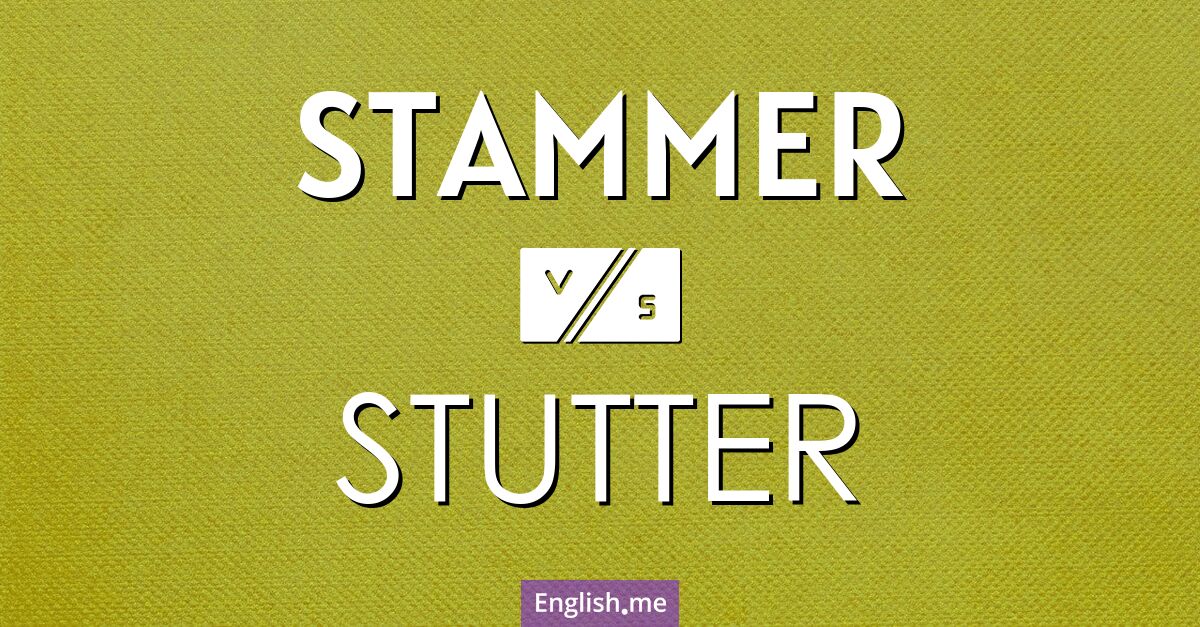
"Stammer" vs. "stutter": exploring speech hurdles
While "stammer" and "stutter" are synonyms and used interchangeably, "stammer" ... Learn more →

 English
English español
español française
française italiano
italiano deutsche
deutsche 日本語
日本語 polski
polski česky
česky svenska
svenska Türkçe
Türkçe Nederlands
Nederlands